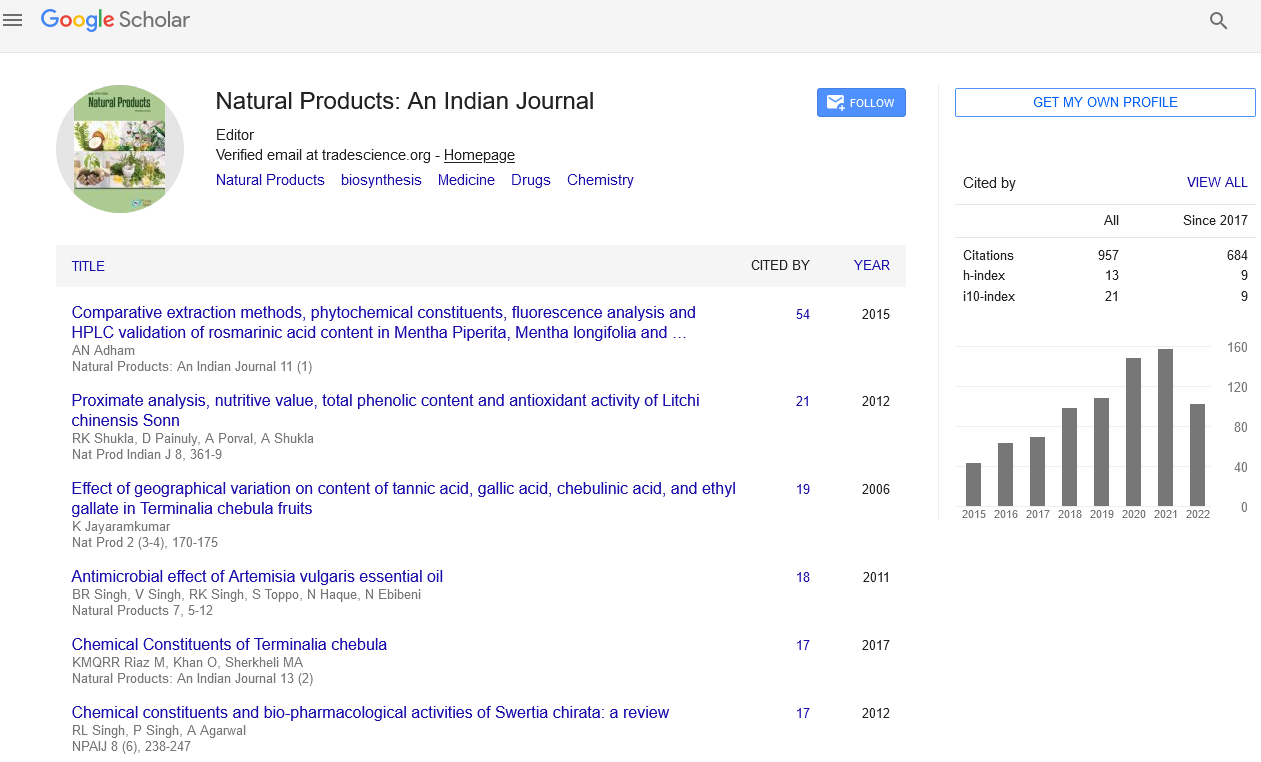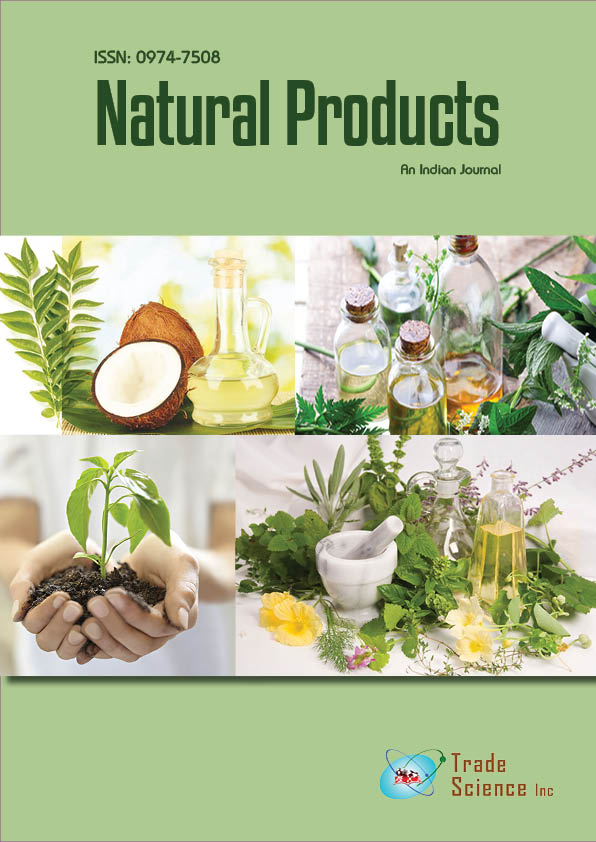Abstract
Nutritional Requirements for Athletes
Author(s): Z.B.KhosilovaBiopolymers and micronutrients play a special role in the diet of athletes compared to the general population. This is due to the fact that athletes are more active in the production and consumption of energy. Special attention should be paid to a balanced diet to cover energy expenditure. It is known that the problem of nutrition in the training of highly qualified specialists is always a problem for athletes. The level of records in modern sports is determined by the training of athletes. Increased physical activity during training, increased competitive activity, as well as time differences and frequent changes in climatic conditions in the regions, as well as training in the mountains, technical equipment of athletes - all this is strong in the athlete's success. requires physical stress and a strong will. The high level of functional status of athletes is due to the fact that they have a balanced diet. Diets in different sports take into account different times of the year (10% more energy in winter than the rest of the time) and climatic conditions, age of the athlete, as well as gender, weight, sports experience and other personal indicators compiled and recommended. In such cases, the athlete's diet should be as follows: • the power of the food consumed at the moment, corresponding to the energy consumption; • balanced - that is, it contains all the necessary nutrients (proteins, fats, carbohydrates, vitamins, mineral salts in the required proportions); • the presence of both plant and animal products in the diet, ie not limited to plant or animal products; • Foods that are easy to digest and easy to digest. The main purpose of the article is to determine the basic nutritional requirements for athletes (И.ÐÂÂÂœ.) (Buranova Gulnoza Boymuratovna) Athletes' diet Athletes spend 2-3 times more energy per day on training and competitions than normal people. During strenuous physical activity, the heart rate is 200 d / m and the respiratory rate is 70-80 cycles per minute. At the same time systolic excision of the heart increases by 2-3 times. Pulmonary ventilation (depending on the amount of air in a few minutes) up to 20 times and arterial blood pressure 100 mm.sim.us. Increases to Therefore, in order to ensure morphologically healthy development and high functionality, the athlete must know rational nutrition. In athletes, skeletal muscle mass increases by 50% of body mass (30-35% in non-athletes), and heart size increases by 30% compared to normal people. The intensified intensity load of mental emotion is slightly higher in spotters (Hamzayeva Nargiza Rajabbayevna, 2021). It is very important to prepare food in the recommended diet for athletes. It is necessary to pay special attention to the naturalness, variety and appearance of the food. Meal times should be 3 times a day, but 4 or 5 times in highly qualified athletes. The strength of the food consumed should be commensurate with the athlete's energy expenditure, taking into account his or her age, gender, sports experience and qualifications, as well as the type of sport. The quantitative ratio of nutritional components is strictly individual, depending on the direction of competition and training of representatives of different sports. The amount of energy required per 1 kg of body weight in different sports is given in Table 1 below. Athletes engaged in a particular sport are recommended a diet that provides increased endurance. Protein accounts for 14-15% of total energy expenditure, 17-18% in sports that require speed and strength, and 20% in sports such as bodybuilding and weightlifting.

